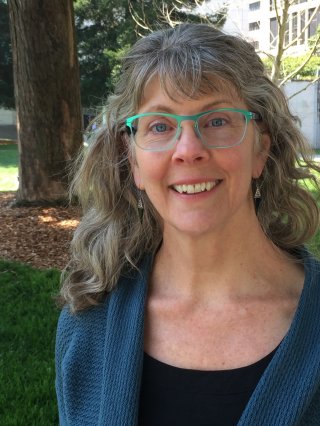Tribal Science 2017 Webinar Series: Harmful Algal Blooms (HABs): Research, Collaborations, and Other Activities
Date and Time
2:00 pm - 3:00 pm EDT
Location
Webinar
United States
Event Host
Event Type
Description
Topic: Harmful Algal Blooms (HABs): Research, Collaborations, and Other Activities
Speakers:
Cynthia McOliver, Office of Research and Development, EPA
Lesley D’Anglada, Office of Water, EPA
Susan Keydel, Region 9 (Pacific Southwest), EPA
Event Description: The Tribal Science Webinar Series provides a forum for discussion of the complex environmental issues facing many tribal and indigenous communities, and features a wide variety of expert guest speakers from government, academic institutions and other organizations. This month’s webinar will focus on Harmful Algal Blooms (HABs) and the adverse effects on Tribal communities. Presenters will discuss their roles and involvement in ongoing HABs activities, research, and collaborations. Speakers will also present HABs research supported under the Science to Achieve Results (STAR) Grants program.
| Speaker Bios | |
|---|---|

|
Cynthia McOliver, Ph.D. |

|
Lesley D'Anglada, DrPH. |

|
Susan Keydel |
Presentations:
- EPA Collaborations with tribes to address Harmful Algal Blooms (HABs) in the Klamath River Basin (PDF) (16 pp, 2MB, 04/11/2017)
- U.S. EPA's Guidelines and Other Activities Related to Harmful Algal Blooms (PDF) (27 pp, 1MB, 04/11/2017)
DISCLAIMER: The views expressed in this presentation are those of the authors and do not necessarily reflect the views or policies of the U.S. Environmental Protection Agency. Mention of trade names or commercial products does not constitute endorsement or recommendation for use.
For additional information, contact Aaron Ferster at (202) 564-0321 or ferster.aaron@epa.gov.
